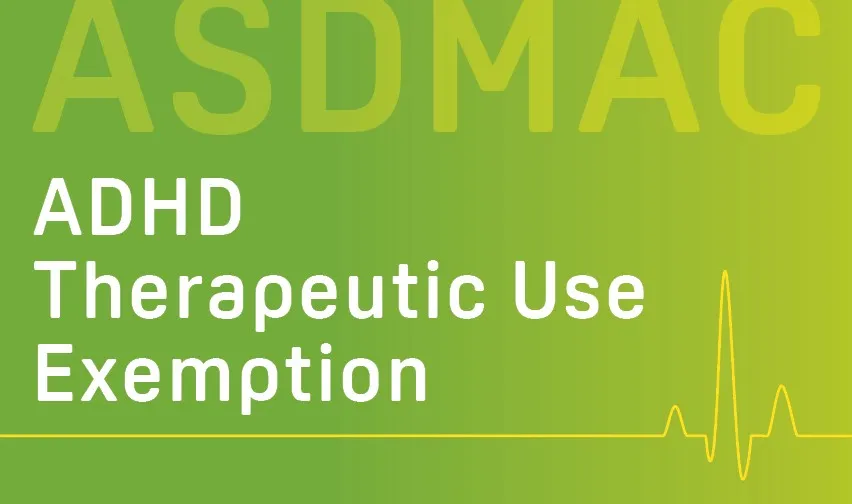ADHD is one of the most common childhood disorders and can continue through adolescence and adulthood.
Inattention, hyperactivity, and impulsivity are the key features of ADHD.
Medical management of ADHD will include behavioural therapy and in many cases, medication.
Status of medication
Stimulant medications, such as Methylphenidate (for example Ritalin, Concerta), Dexamphetamine and Lisdexamphetamine (for example Vyvanse) are prohibited in-competition and require a Therapeutic Use Exemption (TUE).
Applying for a TUE
The information required in your application for a TUE includes:
- A completed TUE application form signed by the treating doctor and athlete
- Detailed typed clinical letter(s) from treating specialist(s) that includes:
- diagnosis – including diagnostic tools used (must refer to DSM V criteria)
- age of onset of ADHD symptoms and of diagnosis
- outcome of trials of alternative medications, or behaviour modification therapy, and
- current treatment, including medication/s, dose and route of administration.
- Copies of any ADHD diagnostic tests or rating scales (for example Connors, DIVA). If the clinical letters do not contain adequate detail, you will need to supply supplementary reports (if available) that support the diagnosis from:
- a treating psychologist
- a school teacher
- other practitioners
- a parent or guardian.
The opinion of a second specialist will be necessary if the initial diagnosis is made after the age of 18 years, and the medical and supplementary reports cannot verify the onset of symptoms in childhood.
Advice from SIA Medical Advisor, Dr Ian Murphy
Notes
- A clinical letter can be a copy of a specialist’s letter to another doctor (for example a GP), and at least one of the clinical letters submitted with the application must have been written in the last 12 months.
- Checklists outlining symptoms will not be accepted as a clinical letter.
For more information refer to the medical information about your condition on the WADA website
ADHD status of medication fact sheet
